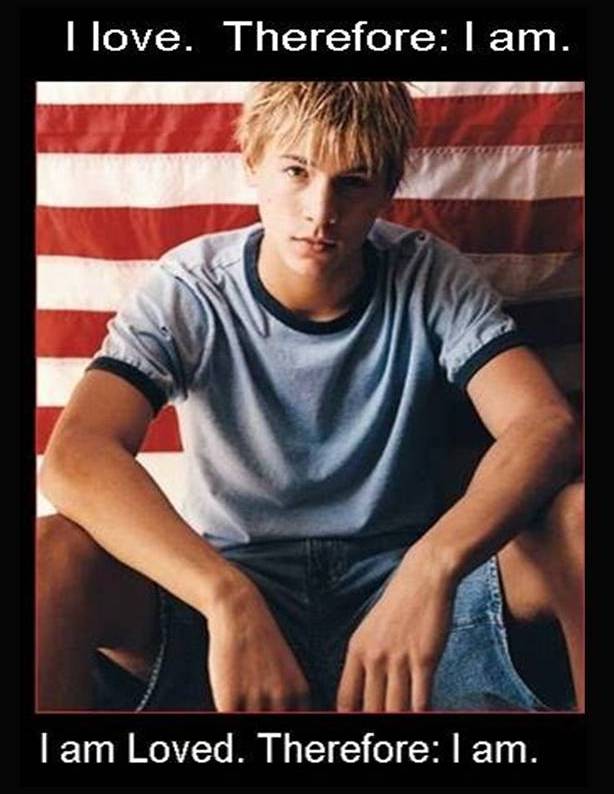
To Dutch and Flemish readers, een fijne Sinterklaas!
Sinterklaas (also called Sint-Nicolaas in Dutch and Saint Nicolas in French) is a holiday tradition in the Netherlands and Belgium, celebrated every year on Saint Nicholas' eve (December 5th) or, in Belgium, on the morning of December 6th. The feast celebrates the Saint Nicholas' name day the patron saint of, among other things, children.
It is also celebrated to a lesser extent in parts of France, as well as in Luxembourg, Switzerland, Germany and Austria. The traditions differ from country to country, even between Belgium and the Netherlands.
In the Netherlands, Saint Nicholas' Eve, (December 5) is the chief occasion for gift giving. The evening is called pakjesavond ("presents' evening").
Sinterklaas is the basis for the North American figure of Santa Claus. It was during the American War of Independence, that the inhabitants of New York City, a former Dutch colonial town (New Amsterdam) which had been swapped by the Dutch for other territories, reinvented their Sinterklaas tradition, as Saint Nicholas was a symbol of the city's non-English past. The name Santa Claus is derived from older Dutch Sinte Klaas.
Sinterklaas (also called Sint-Nicolaas in Dutch and Saint Nicolas in French) is a holiday tradition in the Netherlands and Belgium, celebrated every year on Saint Nicholas' eve (December 5th) or, in Belgium, on the morning of December 6th. The feast celebrates the Saint Nicholas' name day the patron saint of, among other things, children.
It is also celebrated to a lesser extent in parts of France, as well as in Luxembourg, Switzerland, Germany and Austria. The traditions differ from country to country, even between Belgium and the Netherlands.
In the Netherlands, Saint Nicholas' Eve, (December 5) is the chief occasion for gift giving. The evening is called pakjesavond ("presents' evening").
Sinterklaas is the basis for the North American figure of Santa Claus. It was during the American War of Independence, that the inhabitants of New York City, a former Dutch colonial town (New Amsterdam) which had been swapped by the Dutch for other territories, reinvented their Sinterklaas tradition, as Saint Nicholas was a symbol of the city's non-English past. The name Santa Claus is derived from older Dutch Sinte Klaas.
The nonsense I was given as a child that “Santa” comes from the Spanish and “Clause” from the German and that the name “Santa Clause” had an inexplicably unknown source and at best a purely commercial source is shown to be absurd.
